Market Share
Non-dairy cheese Market Share Analysis
In the rapidly expanding landscape of the Non-Dairy Cheese Market, companies employ a variety of market share positioning strategies to differentiate themselves, cater to diverse dietary preferences, and thrive in a competitive industry. One fundamental strategy centers around product innovation and differentiation. Non-dairy cheese, crafted from plant-based ingredients such as nuts, soy, or coconut, allows companies to create unique and flavorful alternatives to traditional dairy cheeses. By focusing on diverse textures, flavors, and applications, companies can capture the attention of consumers seeking plant-based and dairy-free options, thus carving out a distinctive position in the market.
Strategic collaborations and partnerships are vital elements in market share positioning within the Non-Dairy Cheese Market. Companies often form alliances with plant-based ingredient suppliers, retailers, or even chefs to enhance their product quality, expand distribution channels, and jointly market non-dairy cheese products. Such collaborations not only bring expertise to the table but also contribute to a broader market reach, strengthening a company's overall market position.
Pricing strategies play a significant role in shaping market share dynamics within the Non-Dairy Cheese Market. Some companies adopt a cost-effective approach, aiming to offer affordable non-dairy cheese alternatives to appeal to budget-conscious consumers. Others embrace premium pricing strategies, positioning their products as high-quality gourmet options for consumers willing to invest in premium plant-based alternatives. Strategic pricing enables companies to capture different segments of the market and establish a competitive edge.
Distribution channels are integral to market share positioning, and companies in the Non-Dairy Cheese Market prioritize building robust and diverse distribution networks. Collaborations with grocery stores, health food retailers, and online platforms ensure that non-dairy cheese products are easily accessible to consumers seeking plant-based alternatives. A well-optimized distribution strategy contributes to a company's ability to reach a broader audience and capture a larger share of the market.
Brand image and reputation are pivotal in the competitive landscape of the Non-Dairy Cheese Market. Companies invest in branding and marketing efforts to highlight the quality, sustainability, and health benefits of their non-dairy cheese products. Emphasizing factors such as clean labels, organic ingredients, and eco-friendly packaging contributes to building a strong brand identity. A positive brand image not only attracts health-conscious consumers but also fosters loyalty, playing a crucial role in sustained market share growth.
Sustainability is an increasingly important factor in market share positioning within the Non-Dairy Cheese Market. Companies that adopt sustainable sourcing practices for plant-based ingredients, eco-friendly packaging, and ethical production processes resonate with environmentally conscious consumers. A commitment to sustainability not only aligns with global environmental trends but also enhances a company's reputation, contributing to increased market share.


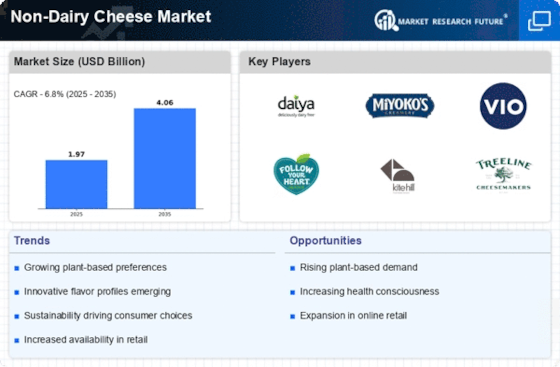
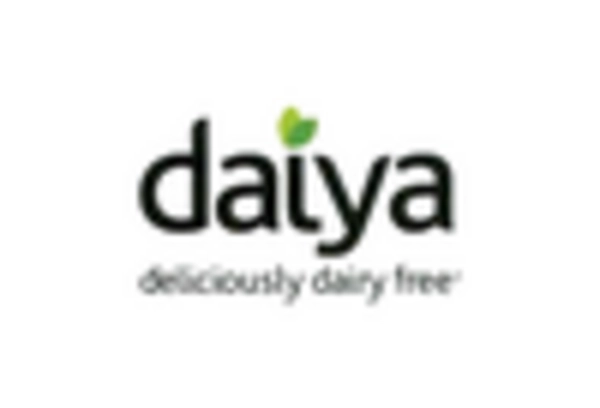

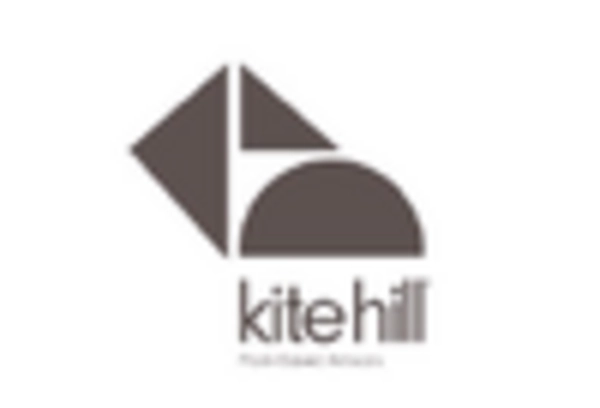
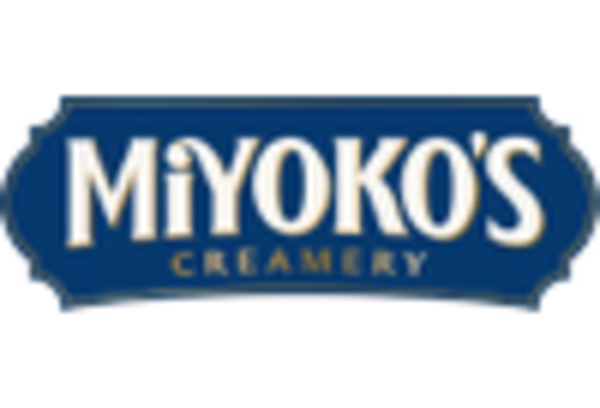
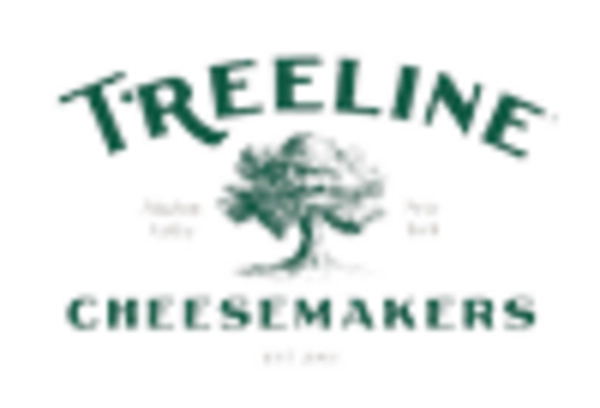
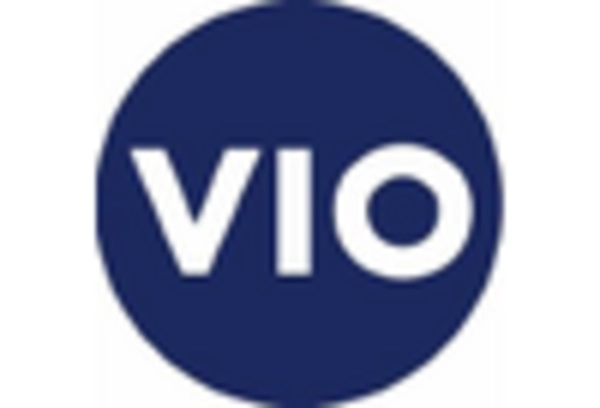









Leave a Comment